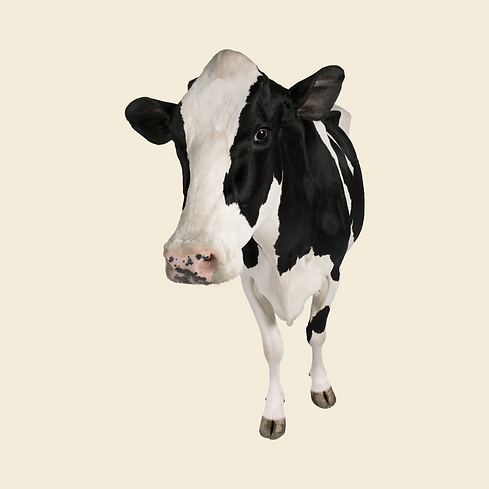The Five Freedoms
First proposed in the Brambell report of 1965, The Five Freedoms of animal welfare are a set of internationally recognized standards that outline the basic welfare needs of animals.
Freedom From Hunger And Thirst
Animals should have access to a balanced diet and fresh water to maintain good health and well-being. They should be provided with appropriate nutrition that meets their specific dietary needs.


Freedom from discomfort
Animals should be provided with an environment that allows for comfort and avoids unnecessary physical or environmental stress. Adequate shelter, appropriate resting areas, and protection from extreme weather conditions should be provided.
Freedom from pain, injury, or disease
Animals should be safeguarded from harm, injury, and disease. This includes providing prompt medical treatment, preventative measures, and access to veterinary care when necessary.


Freedom to express natural behavior
Animals should be able to engage in their natural behaviors and express their species-specific natural instincts. This includes providing sufficient space, appropriate social interactions, and the opportunity to exercise and play
Freedom from fear and distress
Animals should be protected from mental suffering and distress. They should be kept in an environment that avoids unnecessary fear, anxiety, and stress. Handling management practices, and housing should be designed to minimize fear and promote a sense of security.

